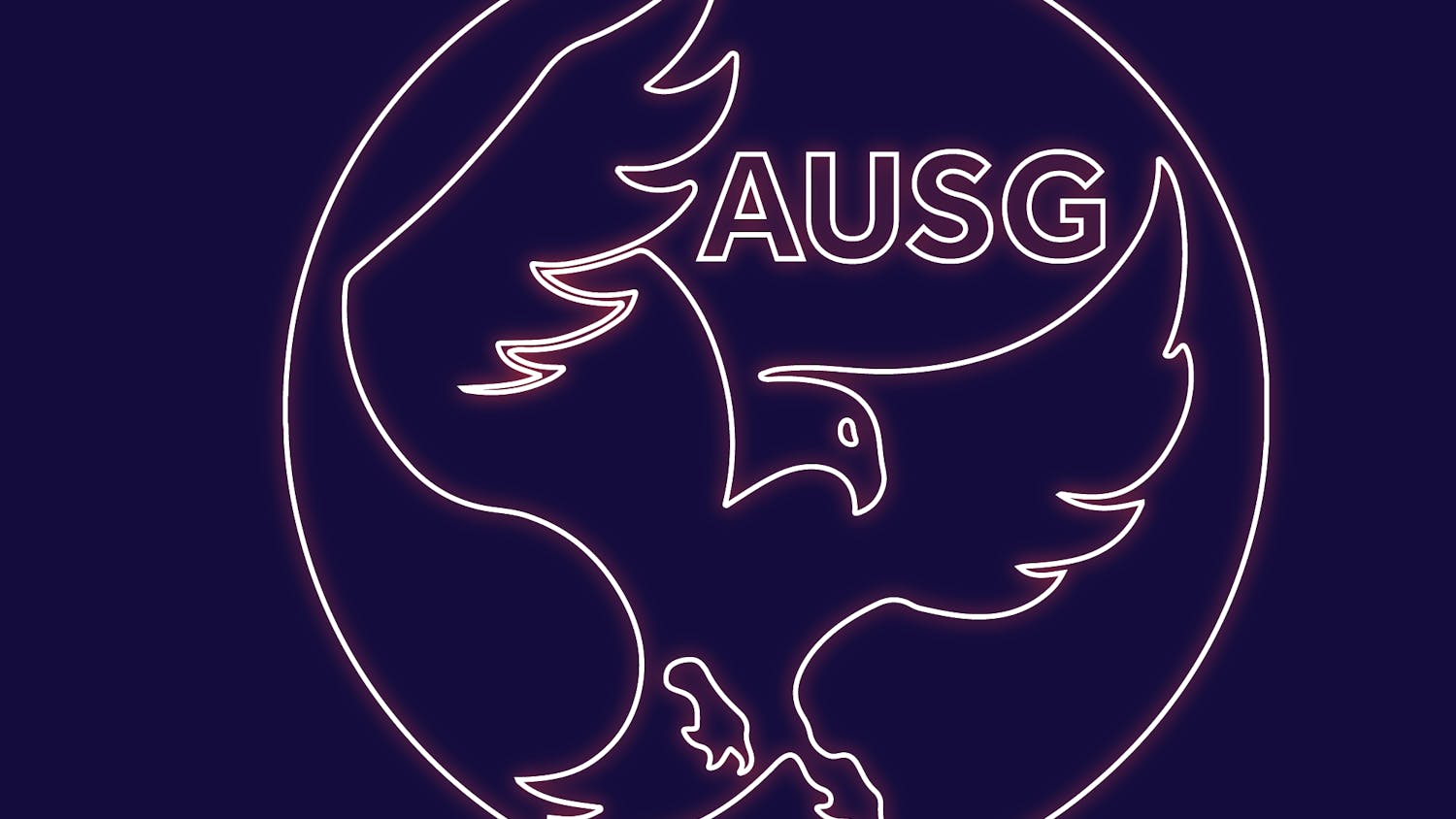While some work-study students just bustle around offices, filing away papers or making appointments, considering their work-study jobs as just jobs, others have gained valuable experience useful in their professional and personal lives while coping with the pressures of working and classes.
Currently, 1,300 AU students are employed in the work-study program, which they qualify for by demonstrating financial need.
However, since this is solely part of the federal financial aid program, it is applicable only to American citizens.
Sophomore Melvin Amaya has worked at the Multicultural Affairs office for the last three semesters said he has "picked up quite a few graphic design skills." Meanwhile, freshman Rebecca Shillenn who works in the School of Communication office, said that she "figured out how to use a lot of program applications" - something she would not have learned otherwise.
Like many others in the program, they will be putting down work-study experience on their rsums.
Employers' experiences with work-study students have been positive overall.
Richard Hellings of the SOC Graduate Office, points out that the students' job is mainly to reduce the staff's.
"During the summer, when they aren't on campus, we do their work," Hellings said. "So it isn't like they're indispensable, but they certainly are helpful."
Helen Alatorre of the Multicultural Affairs office takes a different stance on how essential work-study students are in the office.
"From the start, I told them that they wouldn't be stuffing envelopes," Alatorre said. "I treat them like colleagues and I expect the same standard of work."
Alatorre speaks proudly of how one work-study student single-handedly coordinated a scholarship dinner when the Multicultural Affairs office found itself short-staffed.
"My experience with work-study kids has been wonderful," Alatorre said.
AU's Federal Work-Study Coordinator Michelle D. Harris mentions that aside from benefiting students, the university gains as well because its daily operations are partially, and very economically, run by students.
The D.C.-area community in general also benefits from the D.C. Reads program, which hires federal work-study students to teach elementary school children in Anacostia and Columbia Heights to read.
There are also work-study positions related to health care, childcare, welfare and social service among others. Thus college students are making a difference while earning an income.
Even though students are treated as "para professionals," as Alatorre puts it, employers do have to make accommodations for their students, including time off during exams.
"I ask that they tell me ahead of time when they need time off," Alatorre said. "If they need time off unexpectedly, I usually ask them to find a replacement. Considering that there are two other work study kids who are desperate to make up the hours, we inevitably find someone."
Most students have no conflicts with their work-study jobs and class work. The most they are entitled to work is 20 hours per week. Even for students taking 15 credits, the flexible hours the job offers, and the understanding employers makes it possible for students to juggle both worlds.
However, the picture isn't quite as rosy for other students.
Harris mentioned that the work-study program has never had a problem running out of work-study funds, which is true for this academic year. Each student is given a federal work-study award based on the student's financial needs, and it is possible for students to reach their limit. However, these students will have opportunity to get extra funds if they estimate their money in advance and call the Financial Aid Office for assistance before their money runs out.
"If a student still has financial need, and has exhausted their initial work study award, if additional funds are available, then our office would increase their award," Harris said.
Meanwhile, other students must cope with the fact that work-study jobs may not pay them enough of money they need.
Freshman Mary Kapsak applied for a work-study position in the library but later turned it down to be a swimming instructor, because the job paid nearly 20 percent more.
Similarly, freshman Aneesa Khan struggled to find a job in the work-study program last fall, even though she started her search weeks before the deadline. All she kept getting were "e-mails saying the positions were filled." This semester she managed to find a position in the D.C. Reads program.
Even Shillenn, who says that her experience with the program has been good, admits that "it's hard to get enough hours, especially since my classes are all during office hours. I don't think I'm going to make all the money they offered me"




